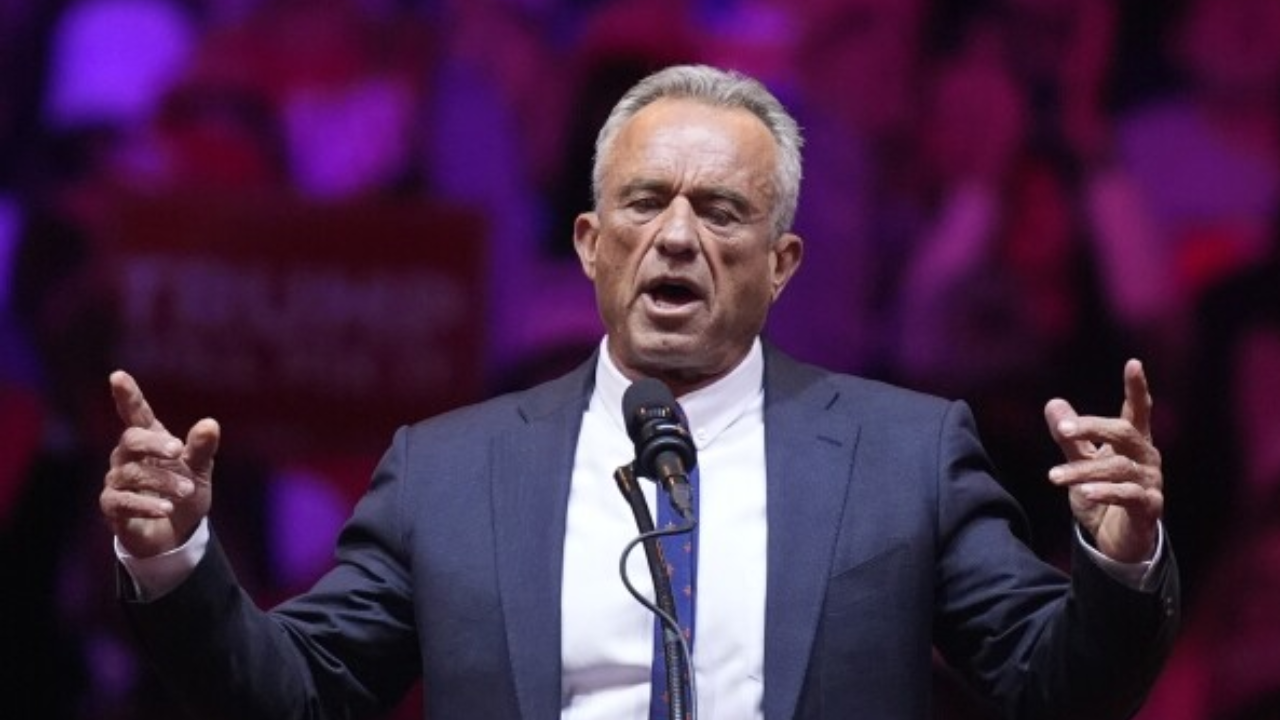How Has RFK Jr Changed The Vaccine Policies In The US?

SummaryU.S. Health Secretary Robert F. Kennedy Jr. is rapidly reshaping vaccine policy, restricting COVID-19 shots, reshuffling CDC leadership, and expanding exemptions. Critics warn his moves sideline science and threaten childhood immunization rates, while supporters hail them as restoring trust. Upcoming advisory board votes could reshape nationwide vaccine access and requirements.
End of Article
